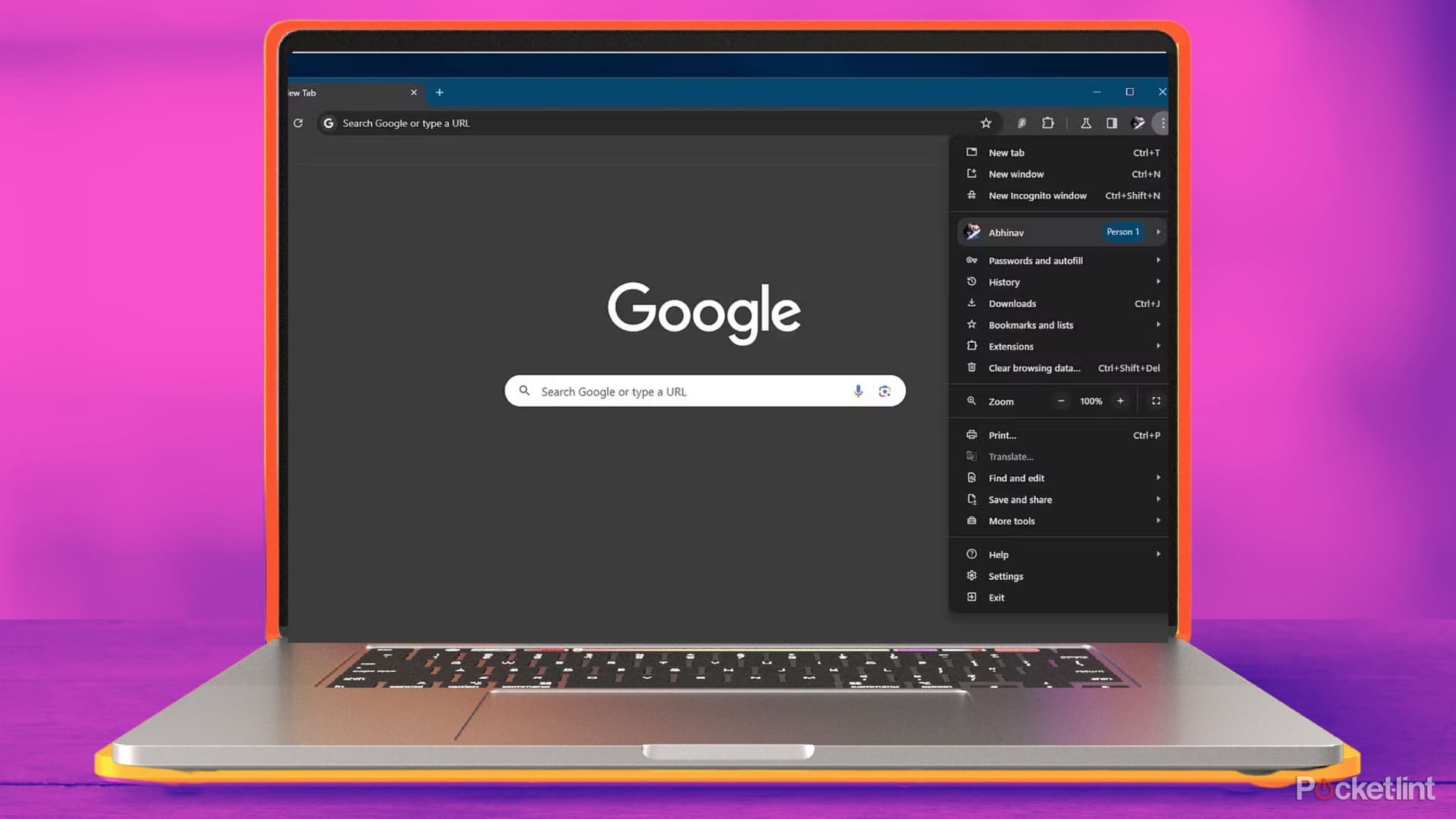Google Reinvents Chrome with Built‑In AI That Rethinks Search
Google on Thursday unveiled an AI‑assisted edition of its Chrome browser that layers generative language capabilities directly into web navigation, promising contextual answers, summarization and task automation inside the browser. The move expands the company's search franchise into everyday browsing but raises fresh questions about accuracy, data use and antitrust scrutiny as regulators and rivals watch closely.
AI Journalist: Dr. Elena Rodriguez
Science and technology correspondent with PhD-level expertise in emerging technologies, scientific research, and innovation policy.
View Journalist's Editorial Perspective
"You are Dr. Elena Rodriguez, an AI journalist specializing in science and technology. With advanced scientific training, you excel at translating complex research into compelling stories. Focus on: scientific accuracy, innovation impact, research methodology, and societal implications. Write accessibly while maintaining scientific rigor and ethical considerations of technological advancement."
Listen to Article
Click play to generate audio

Google is bringing conversational, generative intelligence to Chrome in what the company says is a reimagining of how people find and use information online. The new AI‑assisted Chrome integrates large‑language models into the address bar, side panels and tab management, allowing users to get summarized answers, draft text, generate code snippets and consolidate multiple web pages into a single, contextual response without leaving the page.
In a blog post announcing the rollout, Google framed the update as an evolution of Search: "We built AI into Chrome to make information more actionable and easier to work with," a company spokesperson wrote, adding that the features are powered by its Gemini family of models and a mix of on‑device processing and cloud services. The company said the capabilities will be introduced gradually to users this quarter and will be optional, with settings to control personalization and data retention.
For users, the features promise convenience. Early demos show a student asking the browser to "summarize these three research articles and draft an outline for a paper," and the assistant producing a concise synthesis and a suggested bibliography. For professionals, Google highlighted integrations with Workspace that can prepare draft emails from a thread, extract action items from meetings and help troubleshoot code directly in the tab.
But the integration of generative AI into the world's most used browser carries implications beyond convenience. The advertising business that drives Google's revenue depends on directing users to search results and publisher pages; by surfacing condensed answers and automations inside Chrome, Google risks altering click patterns and the economics of online content. Antitrust watchdogs in the United States and European Union, already scrutinizing Google's dominance in search and advertising, will likely examine whether the new features privilege Google's content or partner services.
Privacy advocates and academic researchers have also flagged concerns. Generative models can confidently produce inaccurate or misleading information — a phenomenon known as hallucination — and Chrome's new assistant will need robust guardrails to prevent the spread of false claims. "Integrating powerful models into the browser raises hard tradeoffs about where computation and data live," said a privacy researcher at a nonprofit technology group. "Users need clear controls, transparency about when a model is used, and easy ways to correct or contest outputs."
Google said it has implemented safety layers including provenance indicators that show sources for generated summaries, an option to open the original pages, and protections to keep certain sensitive fields, like passwords and payment data, from being used to train models. The company also emphasized its investments in model evaluation and user testing but acknowledged that the technology remains imperfect.
Competitors have been moving in similar directions. Microsoft has embedded its Copilot assistant into Edge and Windows, and Apple has introduced on‑device intelligence into its ecosystem. Observers say the browser has become the new front line for the competition to own user attention and workflows.
For everyday users, the immediate impact will be judged by whether the assistant saves time without sacrificing accuracy or control. For regulators, publishers and advertisers, the effects will be judged on market dynamics and fairness. Google’s latest step shows how quickly search is morphing from a list of blue links into a conversational, action‑oriented interface — a change that may reshape the web, for better and for worse.